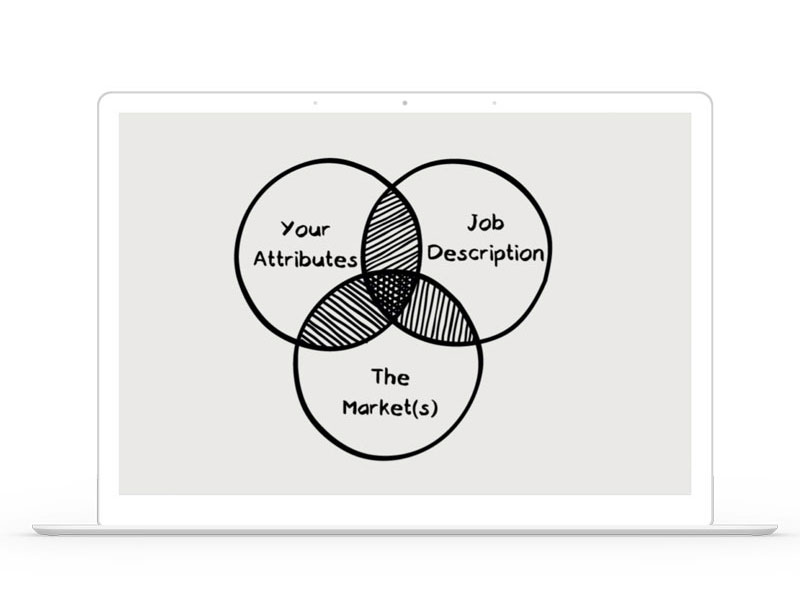Tailoring your CV to an Industry Sector

Summarising key selection criteria for executive and board-level positions across various UK industry sectors involves distilling a broad range of qualities and competencies.
How do you emphasise your key attributes to meet the needs of a typical employer in your sector?
Across all sectors, board members are expected to bring strategic vision, leadership, ethical integrity, and the ability to navigate complex stakeholder environments. Additionally, a growing emphasis on diversity and inclusion means that boards are increasingly valuing varied perspectives and experiences that can contribute to more comprehensive and effective governance.
While each employer will ordinarily set out their selection criteria in application documents, it is wise to consider an industry's overarching needs and challenges.
While specific requirements can vary significantly from one sector to another, reflecting each industry's unique challenges and objectives, certain core criteria are universally valued.
Financial Services
- Risk Management - Expertise in navigating financial risks and regulatory compliance.
- Strategic Financial Acumen - Proven track record in financial strategy and performance enhancement.
- Innovation in Financial Products - Experience in developing and introducing new financial products or services.
Healthcare and Pharmaceuticals
- Healthcare Regulations - Deep understanding of healthcare laws and regulatory environment.
- Patient Care Quality Improvement - Commitment to elevating patient care standards and outcomes.
- Pharmaceutical Innovation - Experience in pharmaceutical product development and market launch.
Technology and Telecommunications
- Digital Transformation Leadership - Leading technology-driven business transformations.
- Cybersecurity - Expertise in protecting company data and IT infrastructure.
- Innovation and Product Development - Demonstrated ability in spearheading technology innovations.
Energy and Utilities
- Environmental Sustainability - Leadership in promoting sustainable energy solutions.
- Regulatory Compliance - Familiarity with energy sector regulations and compliance requirements.
- Infrastructure Project Management - Experience in managing large-scale energy projects.
Manufacturing
- Operational Excellence - Proven efficiency in managing manufacturing operations.
- Supply Chain Management - Expertise in optimising supply chains for efficiency and resilience.
- Product Innovation - Track record of innovative product design and development.
Retail and Consumer Goods
- Customer Experience Enhancement - Strategies for improving customer satisfaction and loyalty.
- Digital Marketing and E-commerce - Expertise in online sales strategies and digital customer engagement.
- Brand Development - Experience in building and managing consumer brands.
Education
- Strategic Fundraising - Skills in securing funding for educational initiatives.
- Stakeholder Engagement - Ability to engage effectively with educational stakeholders.
- Programme Development - Experience in developing and evaluating educational programmes.
Non-Profit and Charities
- Mission-Driven Leadership - Demonstrated commitment to the organisation's mission and values.
- Fundraising and Resource Allocation - Proven ability in fundraising and efficient resource use.
- Community Engagement - Skills in building relationships with the community and stakeholders.
Property and Construction
- Real Estate Market Analysis - Insight into property market trends and opportunities.
- Project Management - Expertise in managing construction projects from conception to completion.
- Sustainability in Construction - Commitment to sustainable building practices and technologies.
Transport and Logistics
- Logistics Optimisation - Efficiency in managing logistics and supply chain operations.
- Transportation Regulations - Understanding of the regulatory environment in transportation.
- Innovative Transportation Solutions - Leadership in adopting or developing new transportation technologies.



